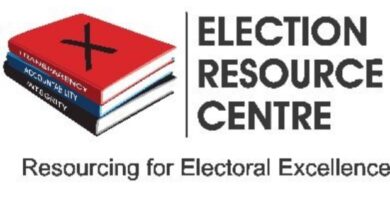Bulawayo residents face citywide water interruptions due to power outages
Matebeleland Pulse Reporter
Residents of Bulawayo are experiencing widespread water supply interruptions following recurring power outages at key pump stations supplying raw water to the city.
In a public notice issued on Saturday, the City of Bulawayo said electricity faults at the Umzingwane and Inyankuni Pump Stations had disrupted water delivery to treatment works.
“The City of Bulawayo would like to inform residents and stakeholders of a citywide interruption of water supplies due to recurring power outages at Umzingwane and Inyankuni Pump Stations, which have affected raw water delivery to the City,” said Town Clerk Christopher Dube.
According to the notice, the power outages began on Wednesday, 11 February 2026, following faults on electricity transformers that halted pumping operations. The two pump stations supply a combined 40 megalitres of raw water per day, making them critical to the city’s water system.
Dube said the Zimbabwe Electricity Transmission and Distribution Company was working to restore stable electricity supplies to the affected installations.
“ZETDC is prioritising the restoration of a stable power supply to these strategic installations as the two pump stations are critical to the City’s water supply system,” he said.
The situation has been compounded by additional power interruptions at Rochester and Cowdray Park Pump Stations, which supply water to the Magwegwe Reservoir. The stations have reportedly been offline since Thursday, 12 February, shortly after midnight.
“These interruptions have affected reservoir levels and reduced treated water availability across the distribution network,” Dube said.
As a result, the city has warned residents to expect intermittent water supply disruptions while electricity restoration efforts continue. The council has also appealed to residents and stakeholders to conserve water during the affected period.
“Residents and stakeholders are encouraged to use water sparingly during this period to help maintain available supplies while restoration efforts continue,” said Dube.





